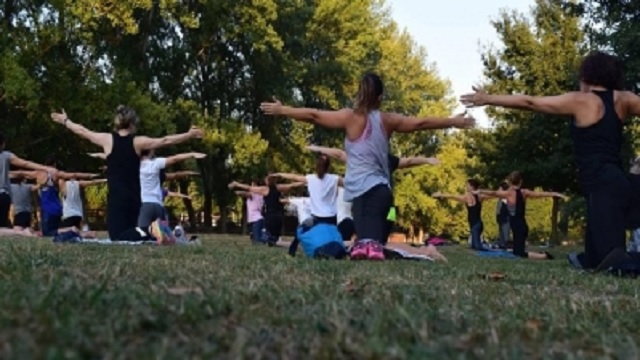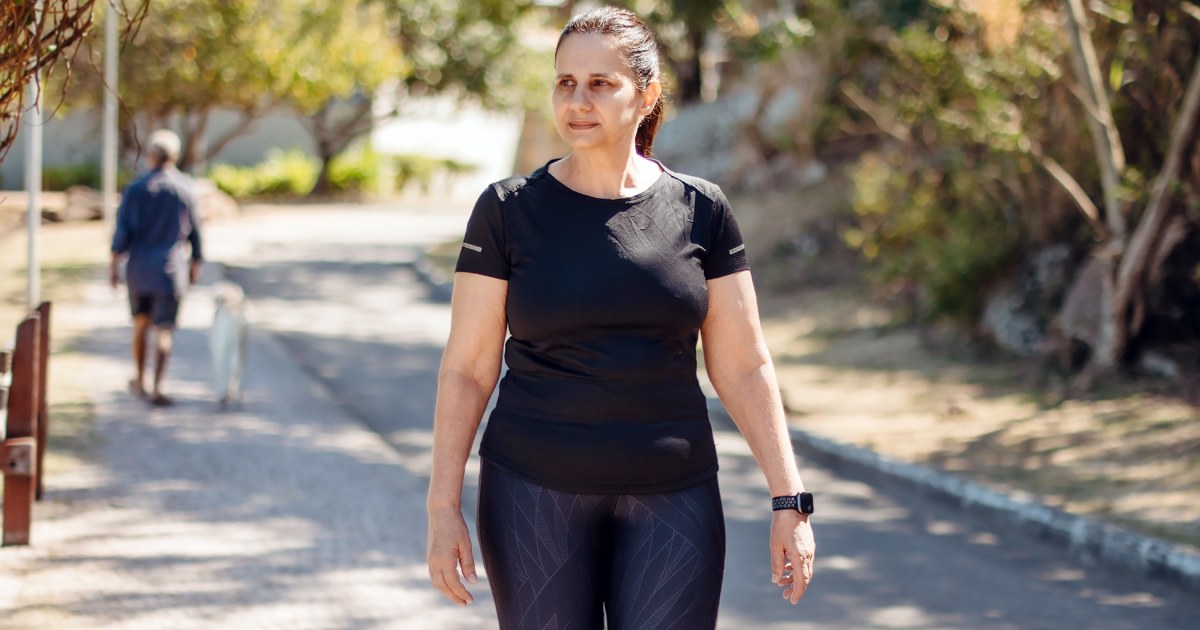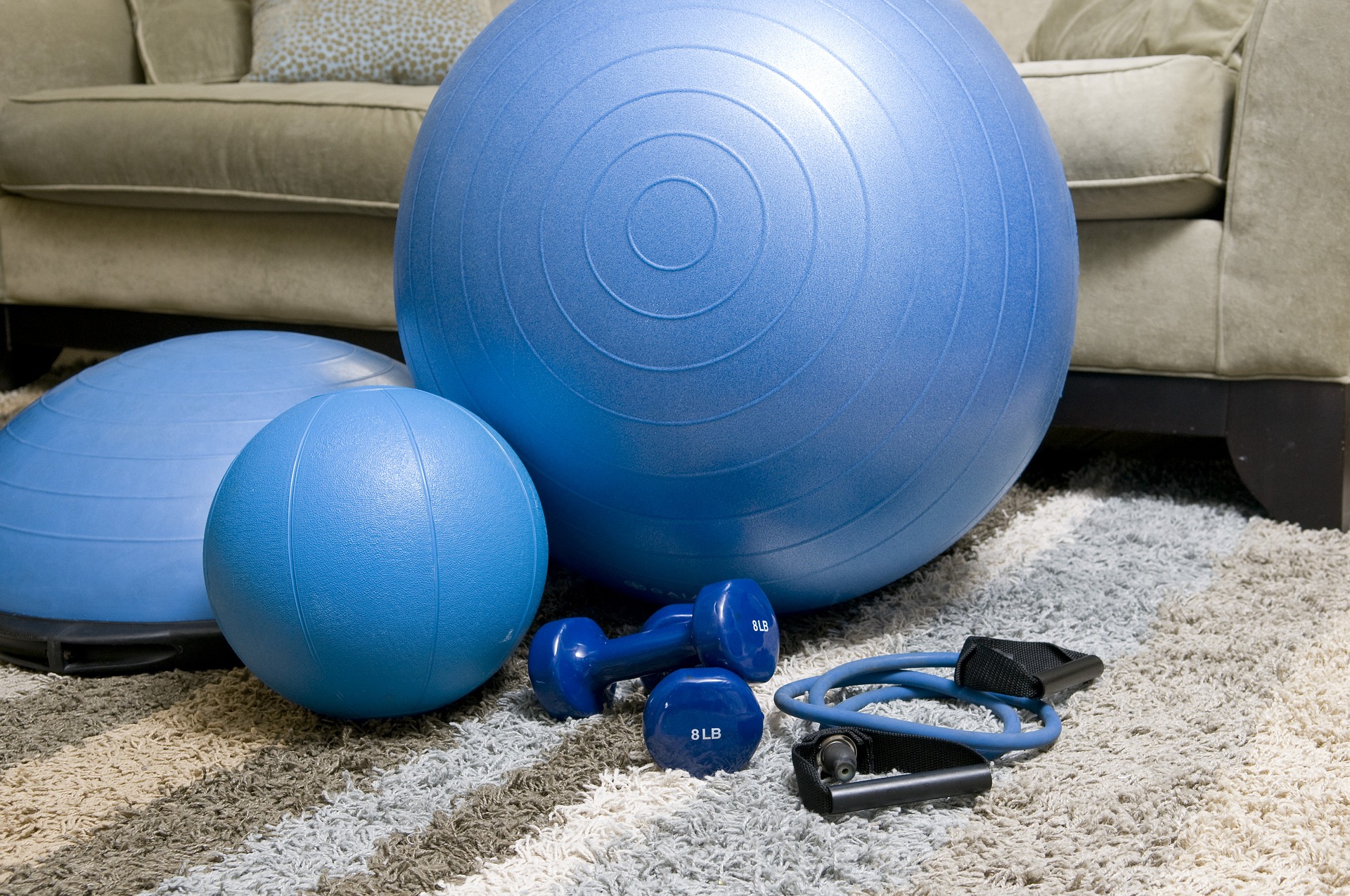Researchers at Marquette University and Cardinal Stritch University are exploring exercise with women affected by mass incarceration. From left to right: Heather Hlavka, Jennifer Ohlendorf, Madeline Wright, Noelle Brigden and Amber Tucker. (Photo provided by Noelle Brigden)
When Amber Tucker was looking for an outlet to deal with her trauma, she discovered martial arts.
Tucker, an assistant professor of sociology at Cardinal Stritch University, initially signed up for an exercise class, hoping to find relief from the stress. She was a single mother and had to deal with the impacts of the criminal justice system on those close to her.
While learning martial arts, especially jujitsu, Tucker found a psychological outlet for stress and a community of other people who helped her learn more about herself. She adopted a new lifestyle, including practices such as meditation and yoga.
“There’s this hashtag that martial artists use, #MartialArtsSavedMyLife, to talk about how it’s changed their lives,†Tucker said. “How it helped them manage and cope with trauma, reoriented their life and focus. It really resonated with me.
Now she hopes to do the same for other women.

Restorative Justice In Movement, a pilot program held in the sports spaces of Turner Hall, 1034 Vel R. Philips Ave., aims to help women find a way to reconnect with their bodies through exercise. It’s not just a way to be physically healthier – it’s a way to help them recover from trauma.
The program, which was funded by the Marquette University Institute for Women’s Leadership and President’s Challenge for Racial Justice and Equity Response, specifically recruits women of color who have been affected by mass incarceration. This can mean that they themselves have been incarcerated or that they have been affected by the time spent by someone else in the system.
Noelle Brigden, associate professor of political science at Marquette University and one of the program’s principal researchers, said the program is also open to those affected by the deportation and detention of immigrants.
Over the course of a few weeks, women experiment with rock climbing, martial arts, and weight training to find different ways to express themselves with their bodies.
Emilio De Torre, executive director of Milwaukee Turners, said women participating in the program also receive free memberships to use the facilities. Milwaukee Turners operates the gym spaces at Turner Hall, including a climbing gym.
“We’re almost lacking a language to describe what we want to do because it’s an empowerment program embodied,†Brigden said. “People will say physical fitness, or they will say mental health, but we have a much bigger empowerment goal. “
Brigden said one of the most impactful parts of the program was seeing women discover the connection between strength and spirit. For activities like rock climbing, jujitsu, and weight lifting, technique is a big part of the ability to do so.
“Finding out that in fact your mind is part of your strength and connected to your body in that way is a powerful time for me to watch and listen,†Brigden said. “It’s exciting because it causes us to redefine strength and see it within ourselves. “
Tucker said that women are socially conditioned to think that their bodies are naturally weaker and therefore less able to perform certain tasks. The program hopes to help them better understand their bodies and abilities, especially in sports that might not traditionally be considered female.
“One of the most important things that I have impressed about women is the idea that ‘your body is enough’,†Tucker said.
In addition to providing exposure to new forms of exercise, the group also hopes to foster an environment where women of all shapes and body types will feel comfortable. Jennifer Ohlendorf, assistant professor of nursing at Marquette, said it can be a barrier for women if they don’t feel accepted in these spaces.
It is essential to have a space where other people understand the effects of the trauma. Heather Hlavka, assistant professor of social and cultural sciences at Marquette, said women can lose the connection to their bodies because they are told “how to think, how to feel and how to heal.”
“What trauma and violence really breaks is the connection between yourself and your body,†Hlavka said.
The material effects of incarceration also present difficulties. Trying to balance financial burdens, parole hearings, paperwork, and supporting a family can be incredibly difficult. Ohlendorf called these barriers “time stealers†that prevent women from taking time for themselves.
That makes helping women find time to dedicate themselves an essential goal, Ohlendorf said.
“The ways people engage with these systems are time stealers in ways that people who have never had to engage with them will never understand,†Ohlendorf said. “So the idea that you would have time to do things to take care of yourself is completely unreasonable.”
For more information
To join the program, email [email protected] or call 414-416-9207.
 AD Roberts
AD Roberts



